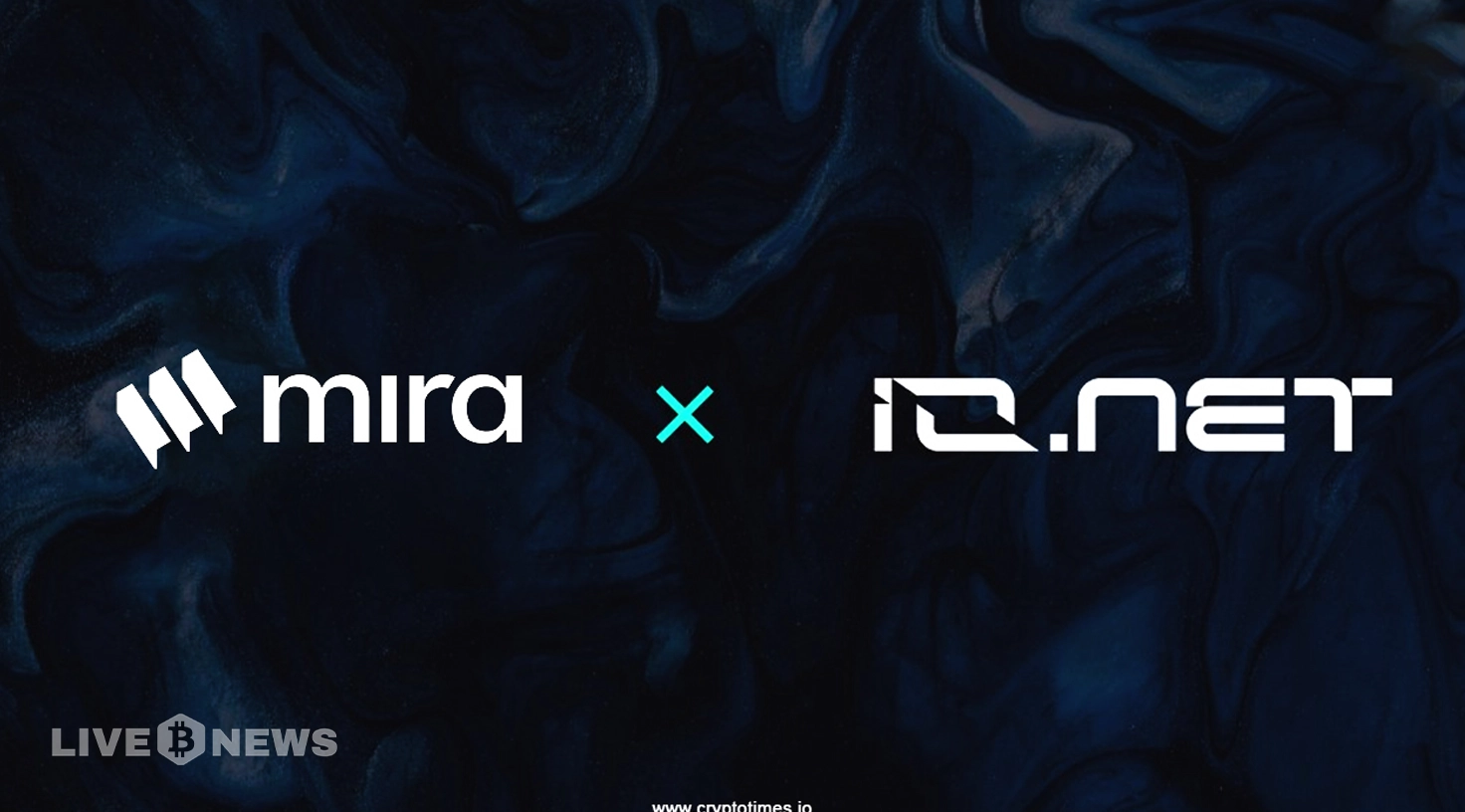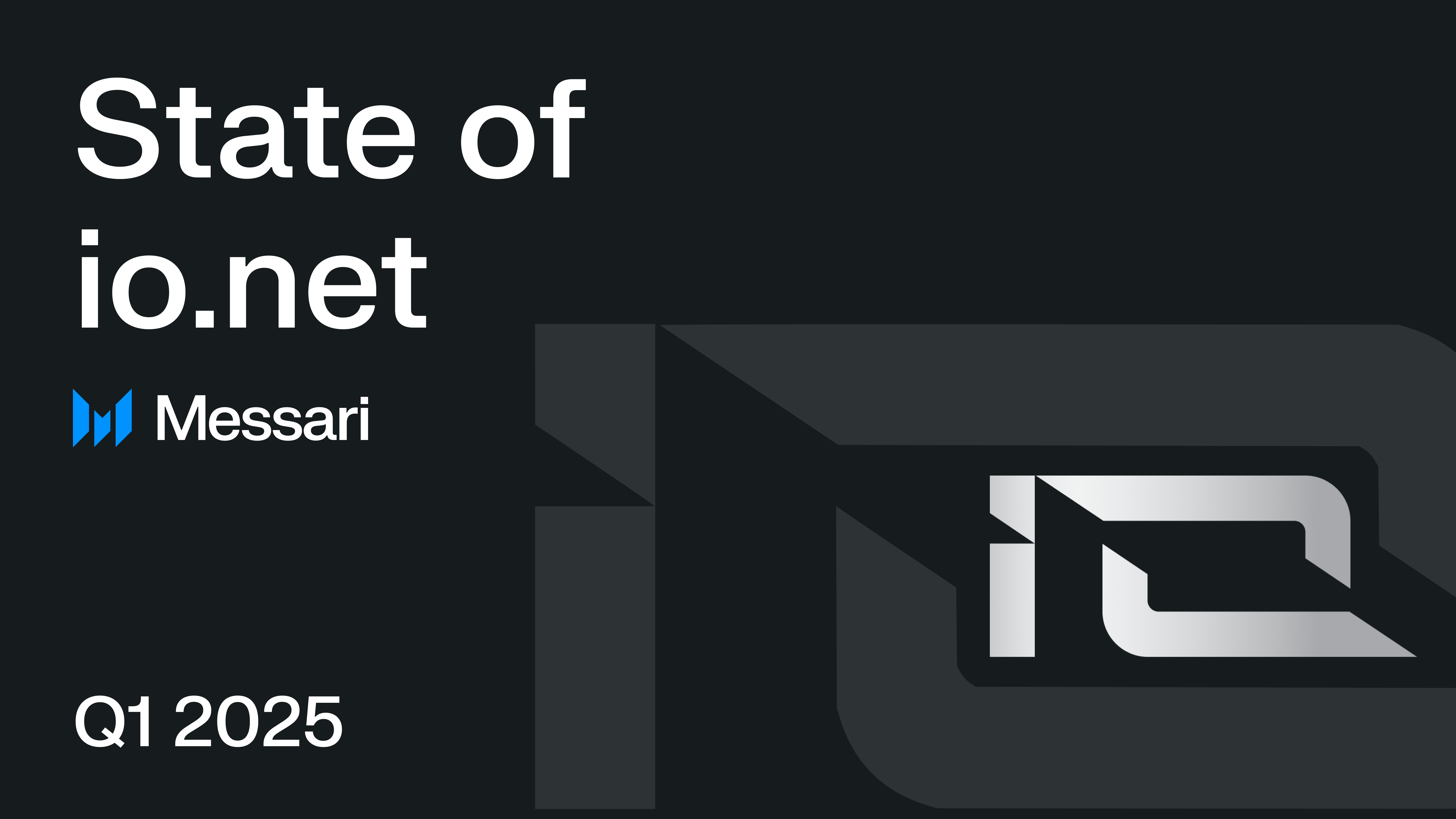io.net and Mira Network Partner to Revolutionize AI Verification

In a significant development for the AI landscape, io.net, a leader in decentralized physical infrastructure, has partnered with Mira Network, renowned for its trust-less AI output verification. This collaboration aims to enhance the speed, reliability, and scalability of AI validation by leveraging a decentralized network of GPUs. The partnership seeks to address the prevalent issues of inaccuracy and scalability that have hindered the broader adoption of AI technologies across various industries. By utilizing advanced AI verification techniques, the combined efforts of io.net and Mira aim to reduce error rates significantly, with goals to lower first-pass errors to under 5% and ultimately achieve less than 0.1% error rates in AI validation.
As Mira Network integrates into io.net’s expansive decentralized GPU infrastructure, it gains access to a global pool of computational power. This integration not only accelerates the validation process but also enhances operational efficiency, enabling Mira to scale its verification processes to meet the increasing demands of AI applications. Tausif Ahmed, Chief Business Development Officer at io.net, emphasized the importance of this partnership, stating that reliable, consistent, and unbiased insights are crucial for AI to realize its full potential. The collaboration is set to redefine accuracy in AI, showcasing the transformative power of decentralized computing.
Furthermore, the partnership supports Mira’s Node Delegator Program, which invites individuals and organizations to contribute their GPU resources for AI verification operations. Participants in this program will be rewarded for their contributions, promoting a decentralized and democratized approach to AI validation. Stone Gettings, head of growth at Mira Network, noted that this integration will accelerate AI adoption, highlighting that reliability and trust are essential for the future of AI. As the demand for dependable and scalable validation systems rises, this collaboration between io.net and Mira Network promises to make a lasting impact on the AI ecosystem.
Related News





